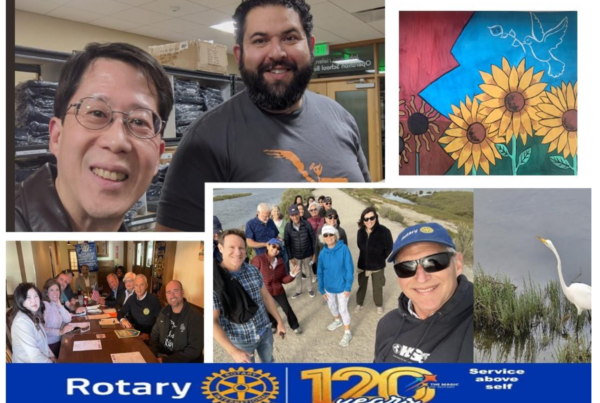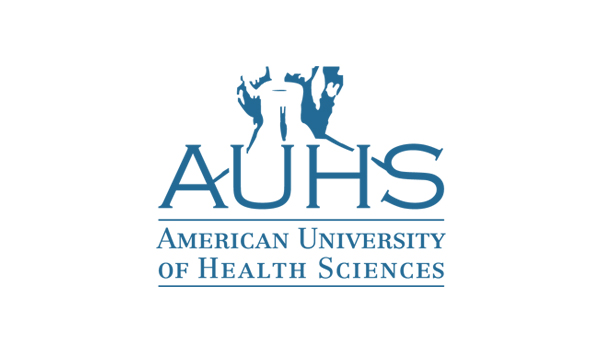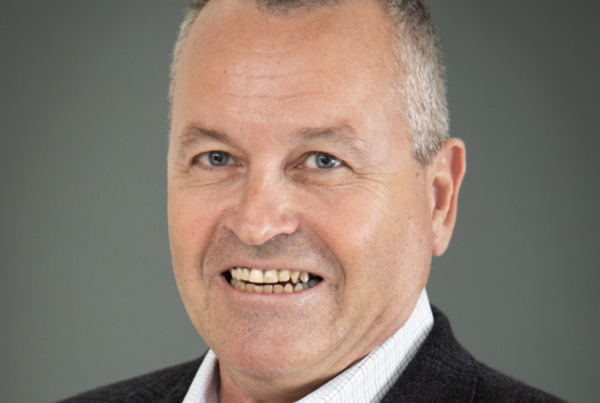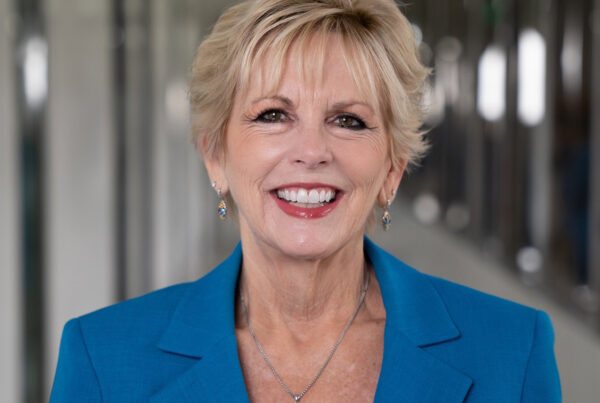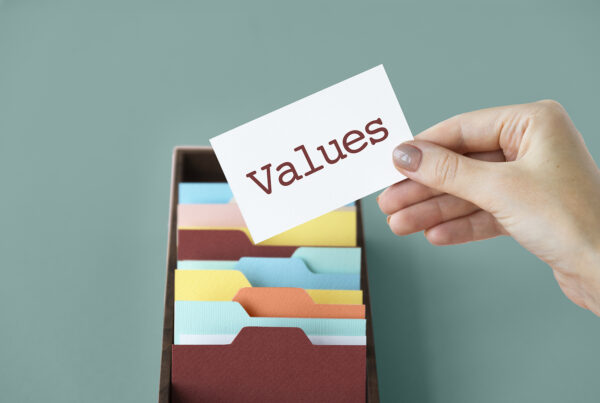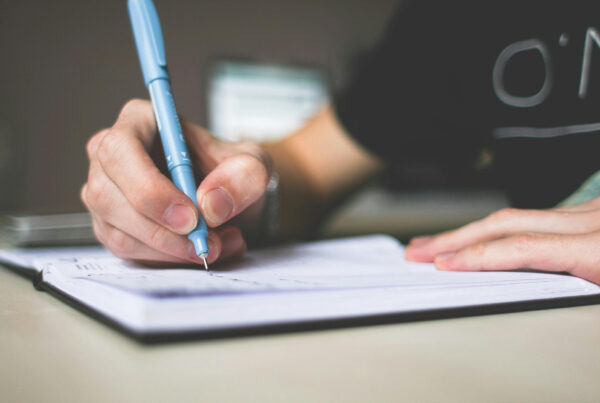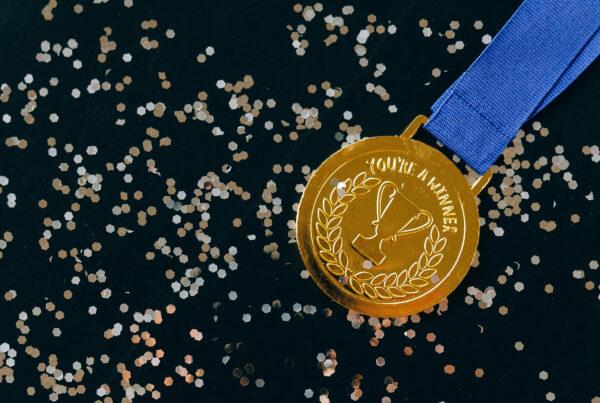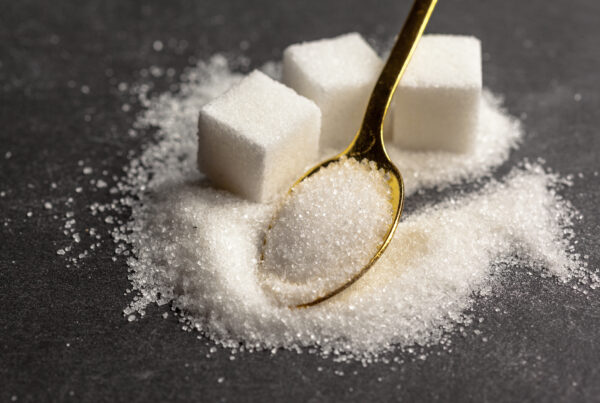Stress Today: From Basics to COVID-19
Sandor Szabo, MD, PhD, MPH
Founding Dean and Professor, School of Medicine
The word “stress” is very often used, especially during and after the pandemic created by COVID-19. Some of us who have been deeply involved in stress research and education often feel that “stress” is frequently implicated inappropriately, i.e., instead of using a specific expression like being tired, frustrated or disappointed. Precisely, scientifically, ‘stress is the nonspecific response of the body on any demand made upon it’, as it was originally defined by its discoverer, Hans Selye 4-5 decades ago. Actually, the last three PhD students of Hans Selye (Profs. Yvette Tache, UCLA; Arpad Somogyi, Hungarian Academy of Sciences and yours truly, me) in 2013 started a series of annual conferences for the better understanding of the biologic stress concept, its neuroendocrine mechanisms as well as stress-related diseases and their management. These Summer Schools on Stress (SSS) were held in several countries of Europe, in Japan, Russia and, the first time that it was organized in the USA, at the American University of Health Sciences (AUHS).

At this conference, held at AUHS on June 13-14, 2022, after the greetings and introductory remarks by AUHS President Dr. Carol Ryan and Provost Dr. Marilyn Uvero, not only five members of SSS international core faculty made presentations (namely, Profs. Bruno Bonaz, France; Ludmila Filaretova, Russia; Oksana Zayachkivska, Ukraine; Sandor Szabo, USA), but also several faculty members of the AUHS Schools of Medicine and Pharmacy gave very nice overview of topics related to stress and the stressor aspects of COVID-19. The AUHS presenters included Drs. Gerald Maguire, Grant Lackey, John Schloss and Pantelina Zourna-Hargaden (https://photos.app.goo.gl/tPBvyLqfDZ3RiCk16 ). The entire program, including the short abstracts of all the presentations, is available on the AUHS website: https://news.auhs.edu/summer-schools-on-stress/.
 One of the interesting features of the conference has been that it connected the basic, historic observations of Hans Selye on animal models of severe distress, with the review of stress-related disease, especially in the gastrointestinal (GI) tract, like irritable bowel syndrome (IBS). At the end of the conference, mental health issues caused or exacerbated by COVID-19 were presented and discussed. COVID-19 adversely affected millions of people not only by physical disease, but by fear of infection, depression, anxiety, esp., during isolation.
One of the interesting features of the conference has been that it connected the basic, historic observations of Hans Selye on animal models of severe distress, with the review of stress-related disease, especially in the gastrointestinal (GI) tract, like irritable bowel syndrome (IBS). At the end of the conference, mental health issues caused or exacerbated by COVID-19 were presented and discussed. COVID-19 adversely affected millions of people not only by physical disease, but by fear of infection, depression, anxiety, esp., during isolation.
Because of the multifaceted presentation of COVID-19, especially the ‘long COVID syndrome’ (LCS), and based upon multifactorial mechanisms, it is not surprising that a ‘post COVID-19 stress syndrome’ has also been recognized. Furthermore, COVID-19 has been recognized as the largest new human stressor. These stressors include not only the causative virus, but the severity of the disease, and the personal, psychosocial suffering. The ‘post COVID-19 stress syndrome’ can also be part of LCS and it is well defined by typical endocrine (e.g., initially elevated, then decreased secretion of cortisol, related to the exhaustion of the adrenal glands), and other metabolic changes.

Hence, although the stress syndrome was first described more than 80 years ago in animal models, social events at the beginning of the 21st century prove that stress, especially distress, is very relevant today. And we, humans, cause it and suffer from it, but it’s also our duty to study, better understand and prevent it by transforming it into eustress. Namely, as Hans Selye used say and write, ‘stress is the salt of life’ – we cannot avoid it, but we need to live with it by reducing the distress and expanding the positive aspects of the stress reaction, i.e., eustress.
References for details and further reading
Szabo, S., Tache, Y., Somogyi, A. The legacy of Hans Selye and the origins of stress research: A retrospective 75 years after his landmark “letter” in Nature. Stress, 2012;15(5):472–478.
Szabo S. COVID-19: New disease and chaos with panic, associated with stress. Med. Sci., 2020;59:41-62.
Szabo S., Zourna-Hargaden P. COVID-19: New disease and the largest new human stressor. Integr. Physiol., 2020;1(4):258-265.
Marshall M. Beating Long COVID: Long-haul fight. New Scientist, Feb.26, 2022.
Taylor S. COVID stress syndrome: Clinical and nosological considerations. Curr. Psychiatry Rep.,2021; 23(4): 19-14.


